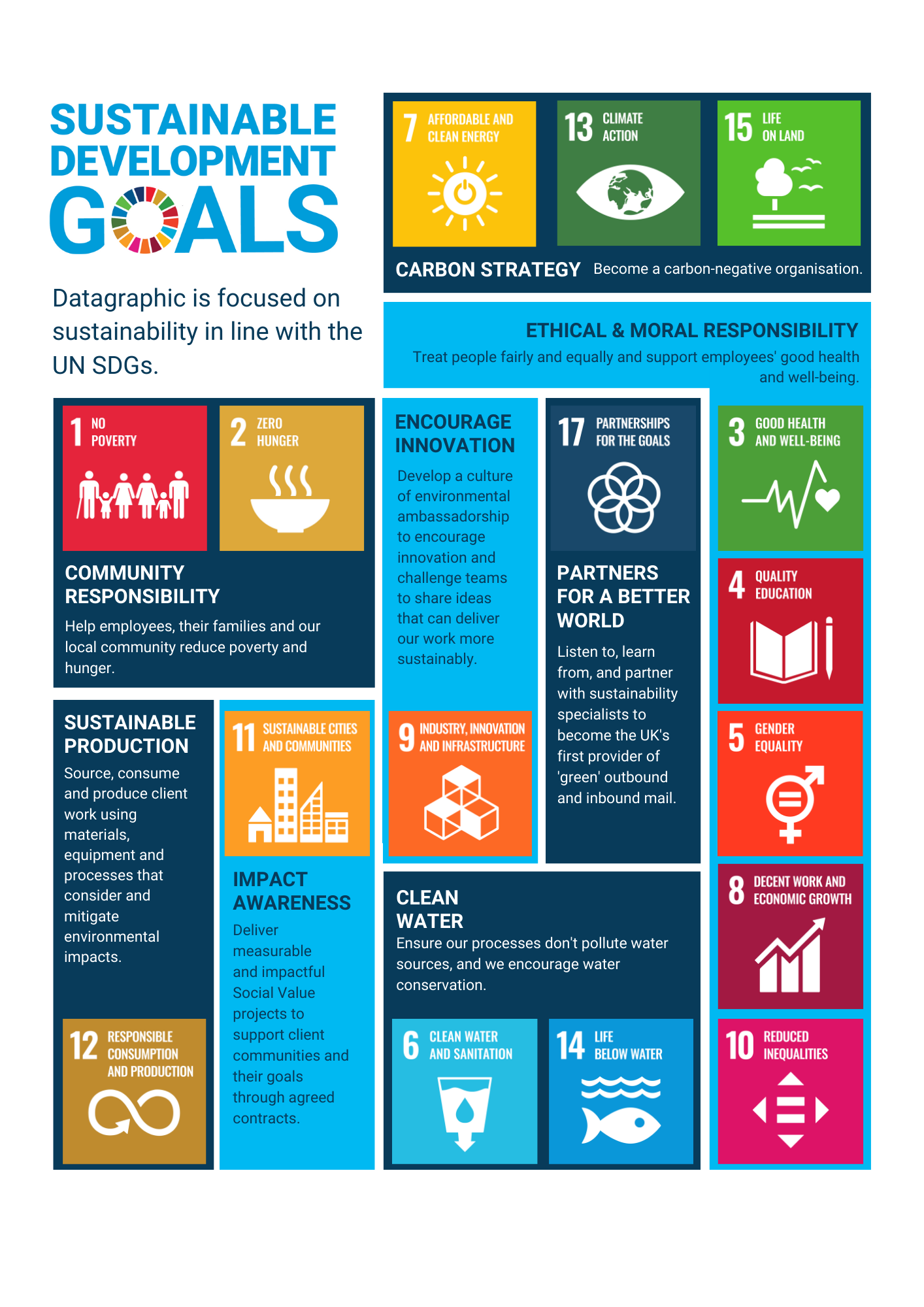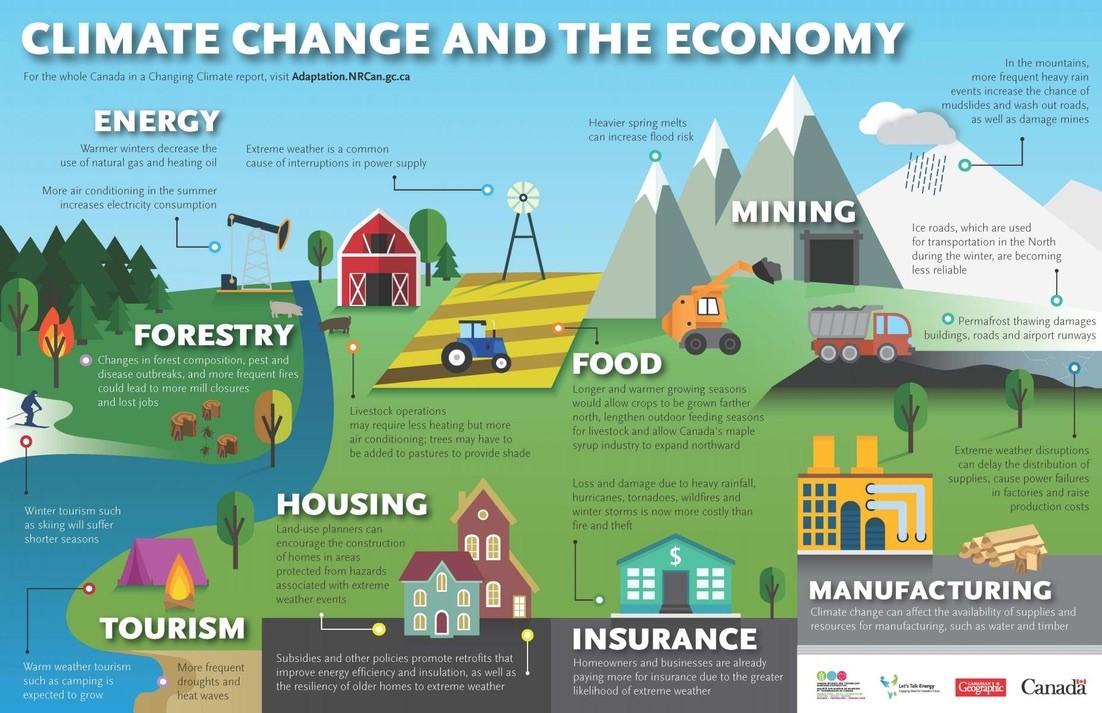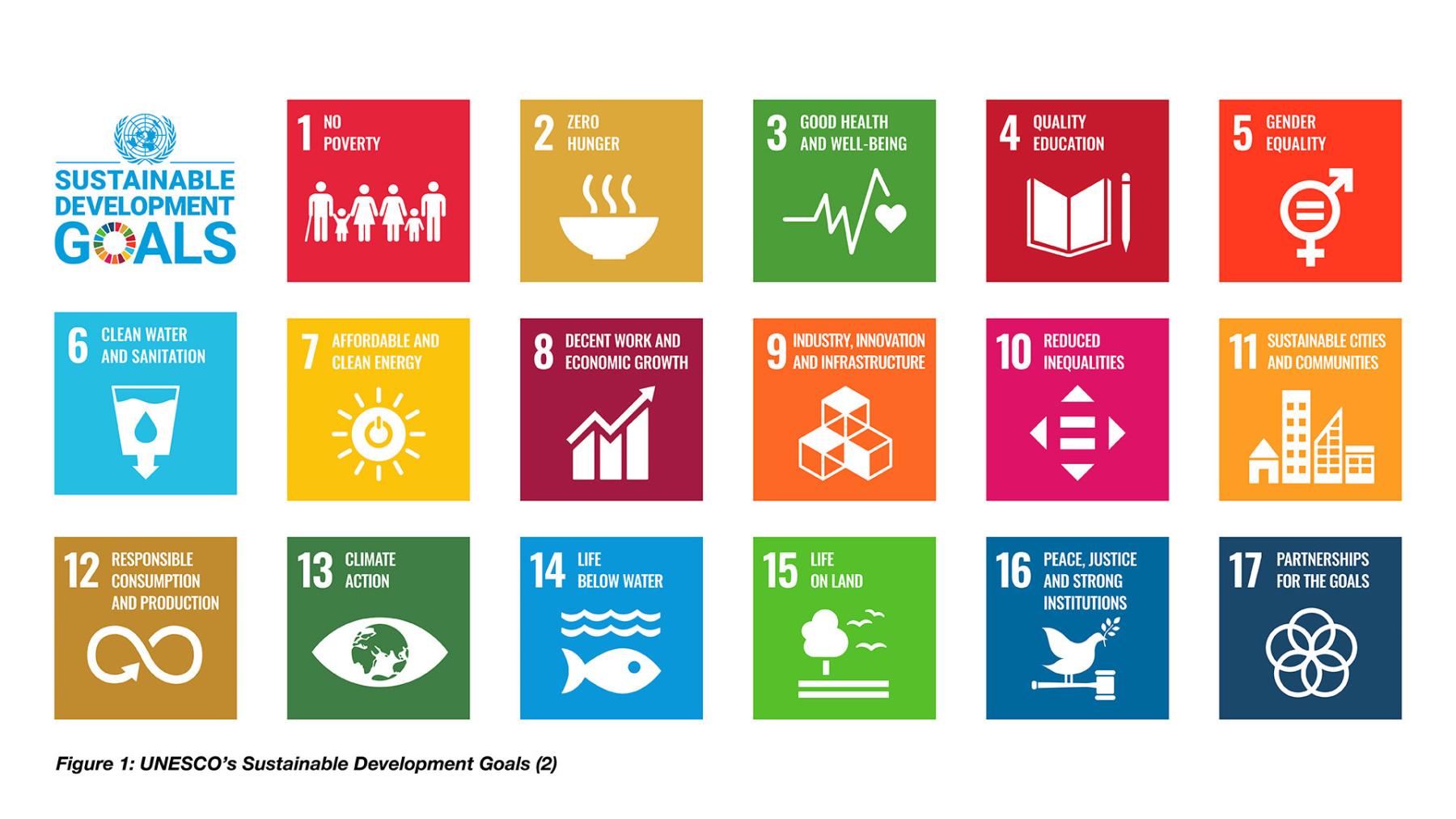In recent years, a growing number of companies have been founded with the primary goal of making a positive impact on society, the environment, and the economy. These impact companies are challenging traditional business models by integrating social and environmental responsibility into their core strategies. This approach is disrupting various industries, leading to innovative solutions and new standards for sustainability and ethical practices.
Here, we explore five industries that are being significantly transformed by impact companies: Energy, Digital, Logistics, Tech, and Finance.
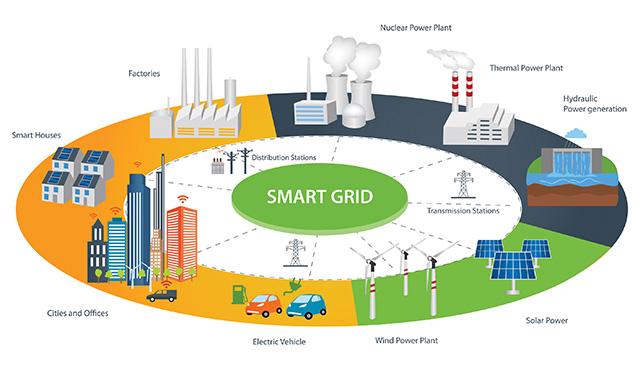
Efficiency is one of the challenges that sustainability in the energy sector needs to improve. Source: Eolasmagazine.ie
1. Energy
Overview of the Traditional Energy Sector
The traditional energy sector has long been dominated by fossil fuels, including coal, oil, and natural gas. These energy sources have powered industrial growth but have also caused significant environmental damage. High carbon emissions from burning fossil fuels contribute to climate change, air pollution, and ecological destruction.
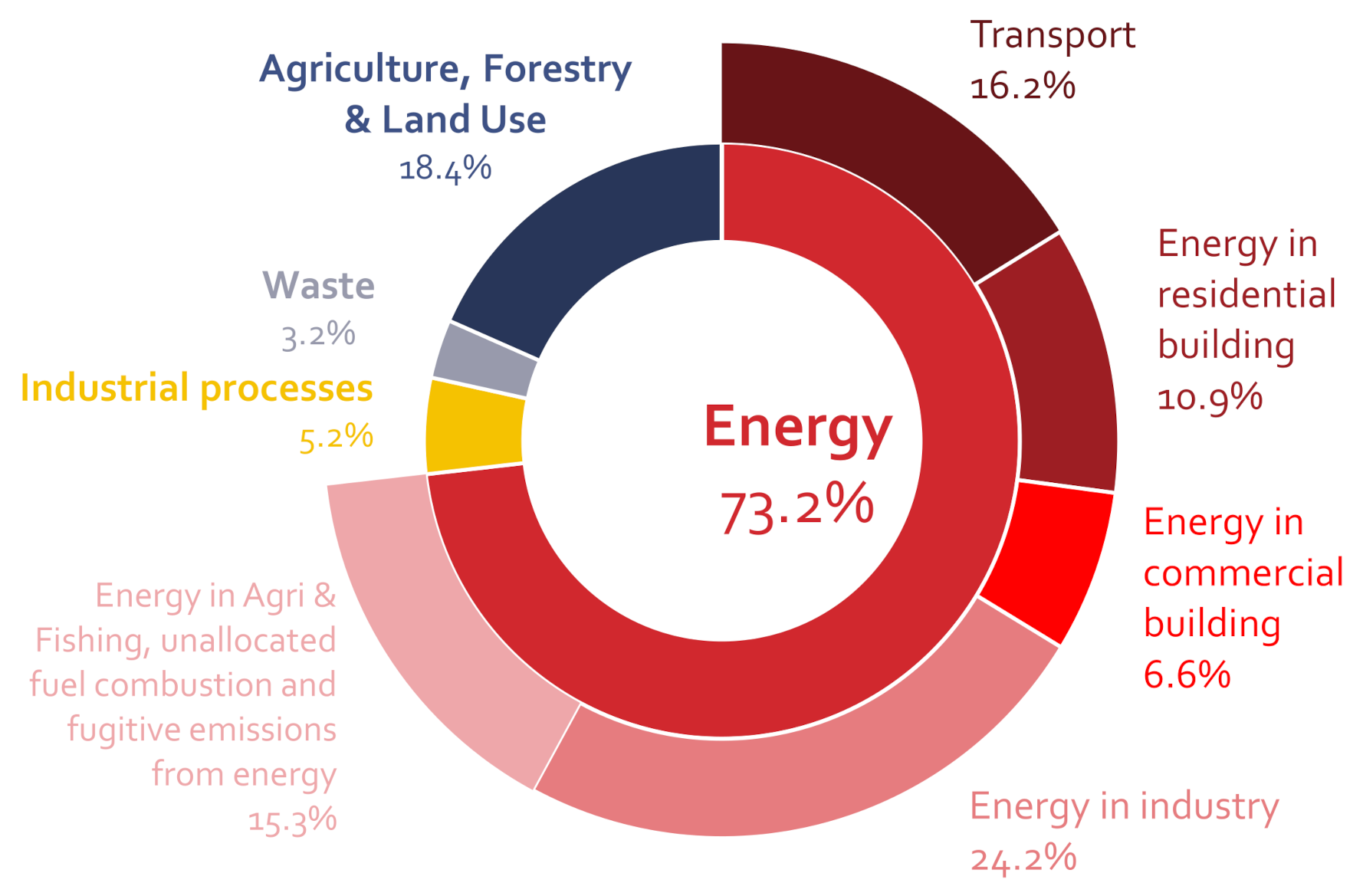
Sample of energy distribution. Source: mdpi.com
Innovation
Impact companies in the energy sector are at the forefront of renewable energy technologies such as solar, wind, and bioenergy. These innovations harness natural resources to generate power with minimal environmental impact.
Benefits
The shift to renewable energy sources results in a reduced carbon footprint and a more sustainable energy infrastructure. These technologies help mitigate climate change, improve air quality, and promote ecological balance. At the same time, they realign the economic incentives, the success of these companies drive other companies to follow in their footsteps.
Impact Companies in Energy
Examples
Tesla is revolutionizing the automotive and energy industries with its electric vehicles and energy storage solutions. The company's Model S, Model 3, Model X, and Model Y are electric vehicles powered by lithium-ion batteries, which are also used in its energy storage products. The Powerwall, a rechargeable lithium-ion battery, is designed for home use, reducing carbon footprint, and storing energy from solar panels. The Powerpack and Megapack are commercial and utility-scale solutions, stabilizing the grid and integrating renewable energy sources more effectively. Tesla's commitment to reducing fossil fuel dependence is a critical step towards a more sustainable future.
Ørsted: Originally an oil and gas company, Ørsted has shifted its focus to renewable energy, becoming a leader in offshore wind power.
Beyond Meat: Although primarily a food company, Beyond Meat promotes energy sustainability by offering plant-based alternatives that require less energy to produce than meat. Products, like burgers and sausages, mimic the taste and texture of animal-based meat but are made from plants like peas and beans. These alternatives require less energy, produce fewer greenhouse gas emissions, conserve resources, and generate less waste compared to animal farming. Beyond Meat's commitment to sustainability reflects its mission to create products that not only appeal to consumers but also contribute to a more sustainable food system.
Ørsted's Case Study

Source: Linkedin
Ørsted's transformation from fossil fuels to renewable energy has made it a global leader in offshore wind power. This shift has led to substantial reductions in carbon emissions and significant economic benefits. The company's commitment to sustainability has also attracted substantial investor interest, reflecting a growing recognition of the financial viability of renewable energy.
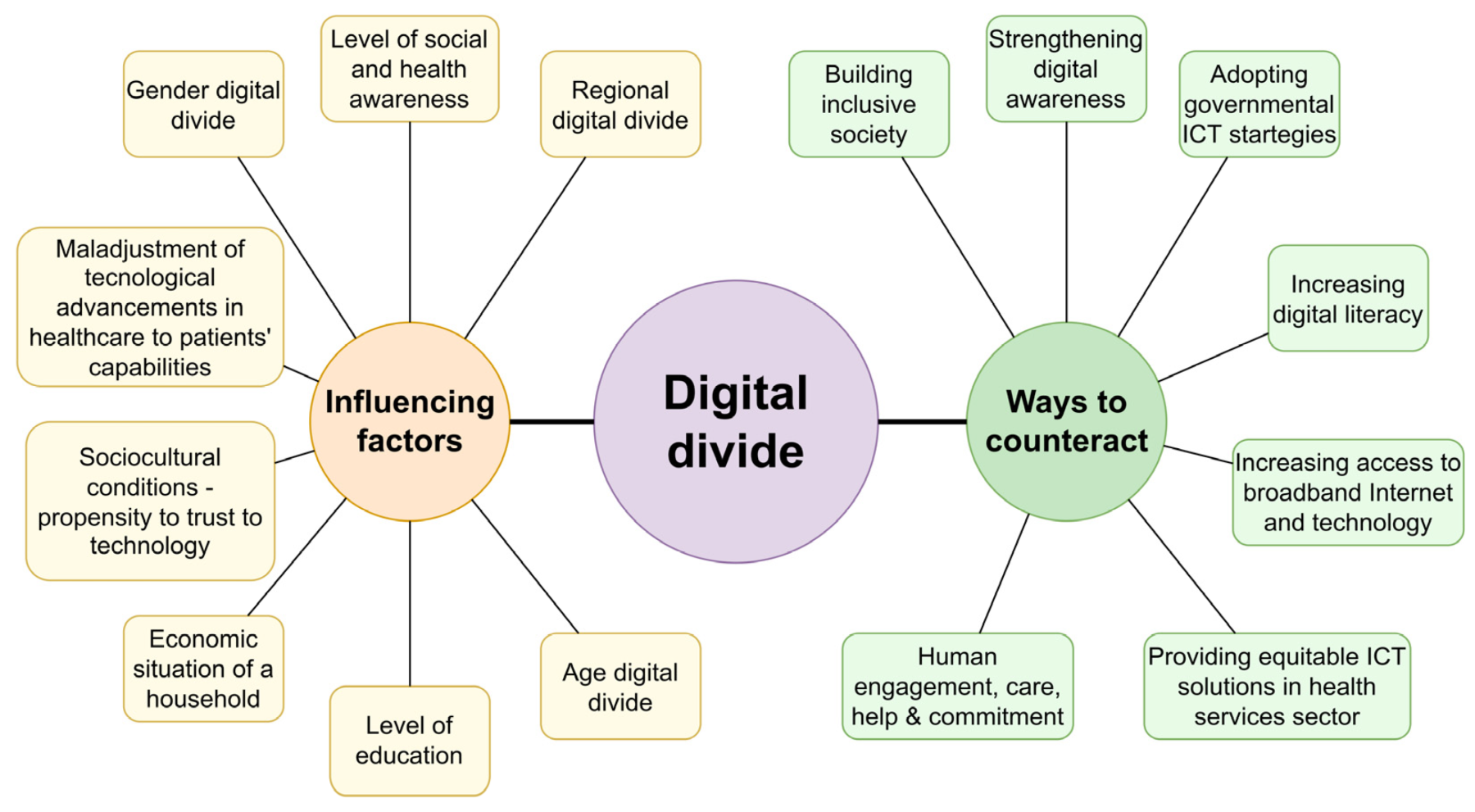
Source: mpdi.com
2. Digital
Overview of the Traditional Digital Sector
The traditional digital sector has often focused on profit maximization, sometimes at the expense of data privacy and equitable access to technology. Issues such as data breaches, misuse of personal information, and the digital divide have highlighted the need for more responsible practices.
Innovations
Impact companies in the digital sector are promoting ethical data use, privacy-focused services, and digital inclusion. These innovations aim to protect user privacy and provide equitable access to technology. At the same time, the decentralisation movement for a more fair digital system.
Benefits
Enhanced privacy for users and more equitable access to digital resources are significant benefits. By addressing the digital divide, these companies ensure that technological advancements benefit a broader spectrum of society.
Impact Companies in Digital
Examples
Ecosia is a search engine that leverages its advertising revenue to fund global reforestation efforts, addressing critical issues like deforestation and biodiversity loss. Each search query contributes to the planting of trees in various parts of the world, helping to restore natural habitats and combat climate change. By supporting Ecosia, users participate in a collective effort to improve the environment and enhance ecological balance.
DuckDuckGo, on the other hand, is a search engine dedicated to prioritizing user privacy by ensuring that personal data is not tracked or sold. It provides a secure browsing experience by avoiding the collection and profiling of user information, thereby protecting users from targeted advertising and data exploitation. DuckDuckGo's commitment to privacy promotes a safer and more transparent online environment, allowing users to search the web with confidence that their personal details are safeguarded.
Case Study: Ecosia
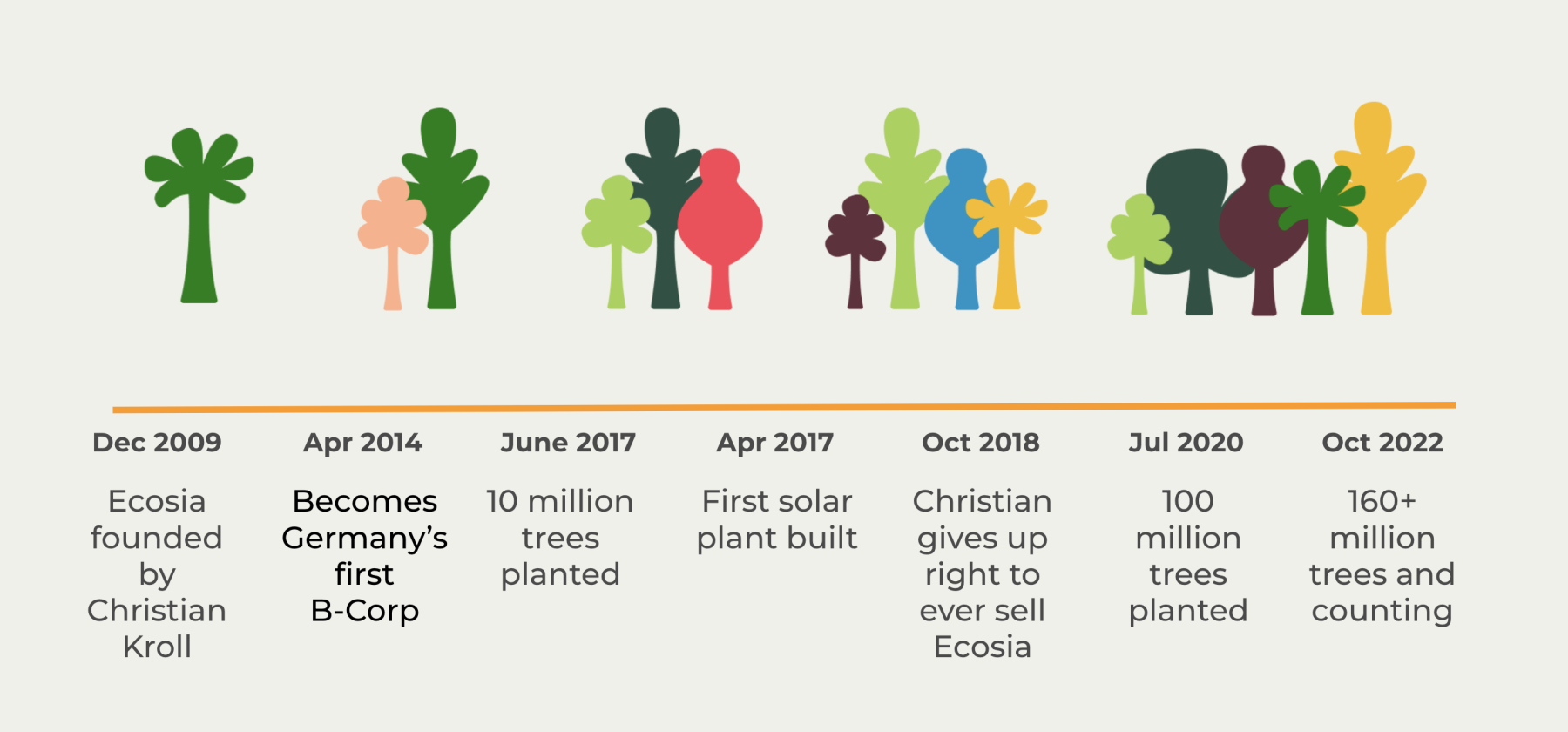
Source: Ecosia
Ecosia has planted over 150 million trees worldwide using the revenue generated from user searches. This initiative not only contributes to global reforestation efforts but also fosters biodiversity and environmental sustainability. Ecosia's user base continues to grow, driven by individuals who value environmentally friendly services.
3. Logistics
Overview of the Traditional Logistics Sector
The traditional logistics sector, a vital part of the global supply chain, is heavily reliant on fossil fuels, causing significant environmental and operational challenges. This is due to the transportation methods used, energy consumption, and the infrastructure designed around fossil fuel usage. The sector's high carbon emissions contribute to global warming and air pollution, while also releasing pollutants like NOx and PM.
Additionally, the extraction and refining of fossil fuels deplete natural resources, affecting ecosystems and biodiversity. The sector also experiences operational inefficiencies, such as cost variability, increased maintenance, and downtime, and increased regulatory compliance costs. To address these issues, the sector is exploring alternative energy sources and technologies, such as electric and hydrogen-powered vehicles, renewable energy integration, and improved fuel efficiency measures. Transitioning to sustainable practices is crucial for reducing the sector's impact and achieving long-term sustainability goals. Impact Companies in Logistics.
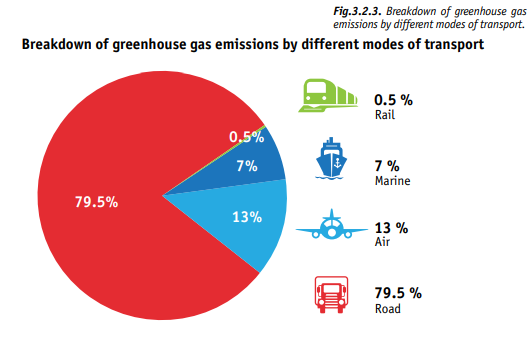
Source: climatebox
Innovations
Electric vehicles, drone delivery, and optimization algorithms are some of the innovations introduced by impact companies in logistics. These technologies reduce reliance on fossil fuels and enhance delivery efficiency.
Benefits
The benefits include lower emissions, increased operational efficiency, and faster delivery times. These improvements contribute to more sustainable and effective logistics networks.
Examples
Zipline: Uses drones to deliver medical supplies to remote areas, improving efficiency and reducing carbon emissions.
Rivian: is an innovative company specializing in the development of electric vehicles (EVs), with a strong focus on creating sustainable transportation solutions for various sectors. Among their notable contributions are their electric delivery vans, designed specifically to address the environmental impact of logistics and urban transportation.
These delivery vans are equipped with advanced electric powertrains that significantly reduce greenhouse gas emissions compared to traditional diesel-powered delivery vehicles. By integrating Rivian's electric vehicles into logistics operations, companies can lower their carbon footprint, contribute to cleaner air quality, and align with broader sustainability goals. Rivian's commitment to advancing EV technology not only supports the transition to greener transportation but also sets a precedent for innovation in reducing emissions across the logistics and delivery sectors.
Case Study: Zipline

Source: Forbes
Zipline's drone delivery system has revolutionized the distribution of medical supplies, particularly in remote regions. This innovation has significantly reduced delivery times and carbon emissions compared to traditional methods, highlighting the potential for impact-driven solutions in logistics
4. Tech

Source: Hummingbird International
Overview of the Traditional Tech Sector
The tech industry has seen rapid innovation, often prioritizing profitability. However, this has led to significant issues such as electronic waste (e-waste) and high energy consumption.
Innovations
Impact companies in the tech sector focus on sustainable product design and recycling programs. These innovations aim to extend the lifecycle of products and reduce the environmental impact of tech waste.
Benefits
Reducing e-waste and promoting circular economy principles are key benefits. These practices help minimize the environmental footprint of tech products and encourage sustainable consumption.
Impact Companies in Tech
Examples
Fairphone is an innovative company that produces modular smartphones specifically designed for longevity and easy repair, addressing the growing problem of electronic waste. By creating phones with replaceable components, Fairphone empowers users to easily repair and upgrade their devices, significantly extending their lifespan compared to conventional smartphones.
This modular approach reduces the need for frequent replacements and minimizes the environmental impact associated with the production and disposal of electronic devices. Fairphone's commitment to ethical manufacturing and sustainable practices includes using responsibly sourced materials and ensuring fair labor conditions in their supply chain. Through these efforts, Fairphone is pioneering a shift towards more sustainable consumer electronics, encouraging a circular economy and promoting a more responsible approach to technology consumption.
TerraCycle is a company dedicated to providing innovative recycling solutions for materials that are traditionally difficult to recycle, including electronic waste (e-waste). By partnering with businesses, municipalities, and consumers, TerraCycle creates collection and recycling programs that divert waste from landfills and incinerators, transforming it into new products.
Their approach involves the recycling of complex waste streams such as used electronics, beauty products, and even cigarette butts, making sustainability accessible and practical. TerraCycle's initiatives not only help reduce the environmental burden of waste but also promote the concept of a circular economy, where products are continually reused and repurposed. Through education and community engagement, TerraCycle is fostering a culture of environmental responsibility and innovation, encouraging individuals and organizations to rethink their approach to waste management and contribute to a more sustainable future.
Case Study: Fairphone
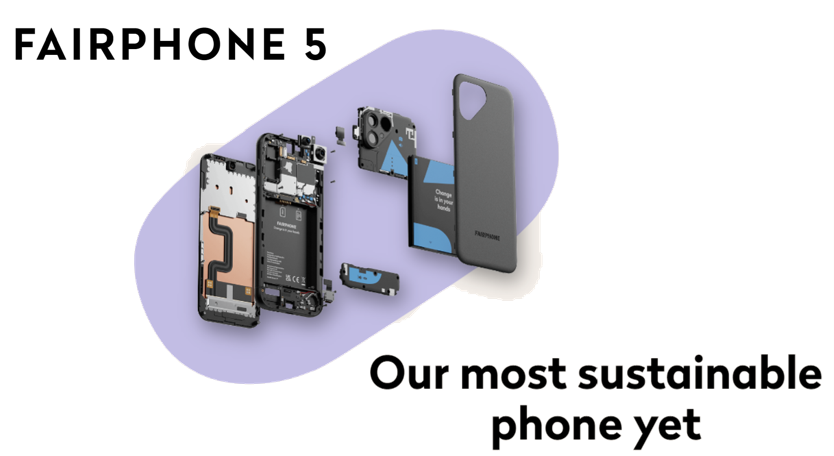
Source: Counterpoint Search
Fairphone's modular smartphones are designed to be easily repairable, extending their lifespan and reducing e-waste. This approach not only benefits the environment but also promotes responsible consumer behavior. Fairphone has demonstrated that sustainable design can be profitable, paving the way for more eco-friendly tech innovations.
5. Finance
Overview of the Traditional Finance Sector
The traditional finance sector has primarily focused on maximizing returns, often overlooking social and environmental considerations. This has led to issues such as social inequality and a lack of transparency.
Impact Investments in Finance
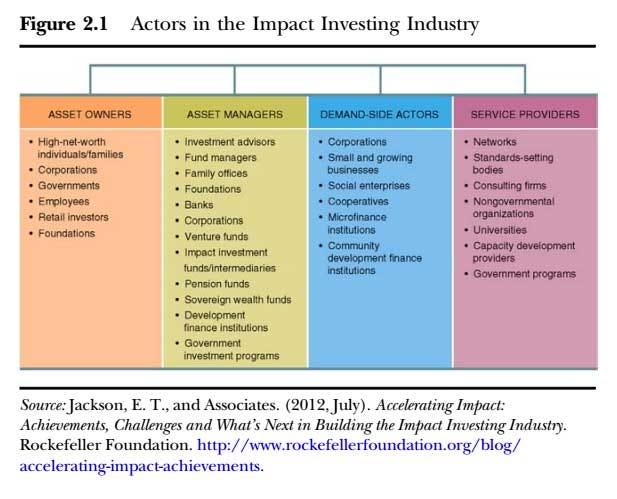
Source: bthechange
Introduction to Impact Investing
Impact investing involves making investments to generate positive social and environmental outcomes alongside financial returns. This approach reflects a growing trend towards responsible and sustainable investment practices.
Growth of the Impact Investing Market
The impact of the investing market has seen substantial growth in recent years. This growth is driven by a rising awareness of global issues and a desire among investors to make a difference through their financial choices. The impact investing market is expected to grow significantly, highlighting the increasing interest in sustainable and responsible investment practices.
How Investors Are Driving Change
Impact investors play a crucial role in funding companies that tackle global challenges such as climate change, poverty, and healthcare access. They use metrics and measurement criteria like Environmental, Social, and Governance (ESG) criteria to assess the impact of their investments. This helps ensure that their financial contributions lead to tangible positive outcomes.
Benefits of Impact Investing
Impact investing offers a dual benefit: it generates positive social and environmental outcomes while also providing financial returns. This approach encourages corporate responsibility, fosters innovation, and promotes sustainable business practices. By integrating ethical considerations into investment decisions, impact investing helps drive significant positive change in society and the environment.
Examples of Impact Investment Firms and Funds
Generation Investment Management: Focuses on sustainable investments, particularly in renewable energy and resource efficiency.
The Rise Fund: Invests in sectors such as education, healthcare, and sustainable agriculture.
BlackRock's Impact Investing: Aims to support projects that address climate change, affordable housing, and other social issues.
Generation Investment Management Study Case
Source: Icng.org
Generation Investment Management has successfully invested in companies that promote sustainability and resource efficiency. These investments have yielded competitive financial returns while driving significant environmental and social improvements, demonstrating the potential of impact investing to create a positive change
Conclusion
Impact companies are fundamentally transforming industries by integrating social and environmental considerations into their business models. These companies are setting new standards for sustainability and ethical practices, driving innovation and fostering positive change. Supporting and investing in impact companies is crucial for addressing global challenges and promoting a more sustainable and equitable future.
Prosperity Impact
If you are seeking a job in recruitment or need assistance with your recruitment efforts, check out our website! https://www.prosperityimpact.io
If you want to know more about the recruitment process at Prosperity Impact get in touch!
Moreover, if you are looking for guidance on salaries, download our 2024 Salary Survey!



